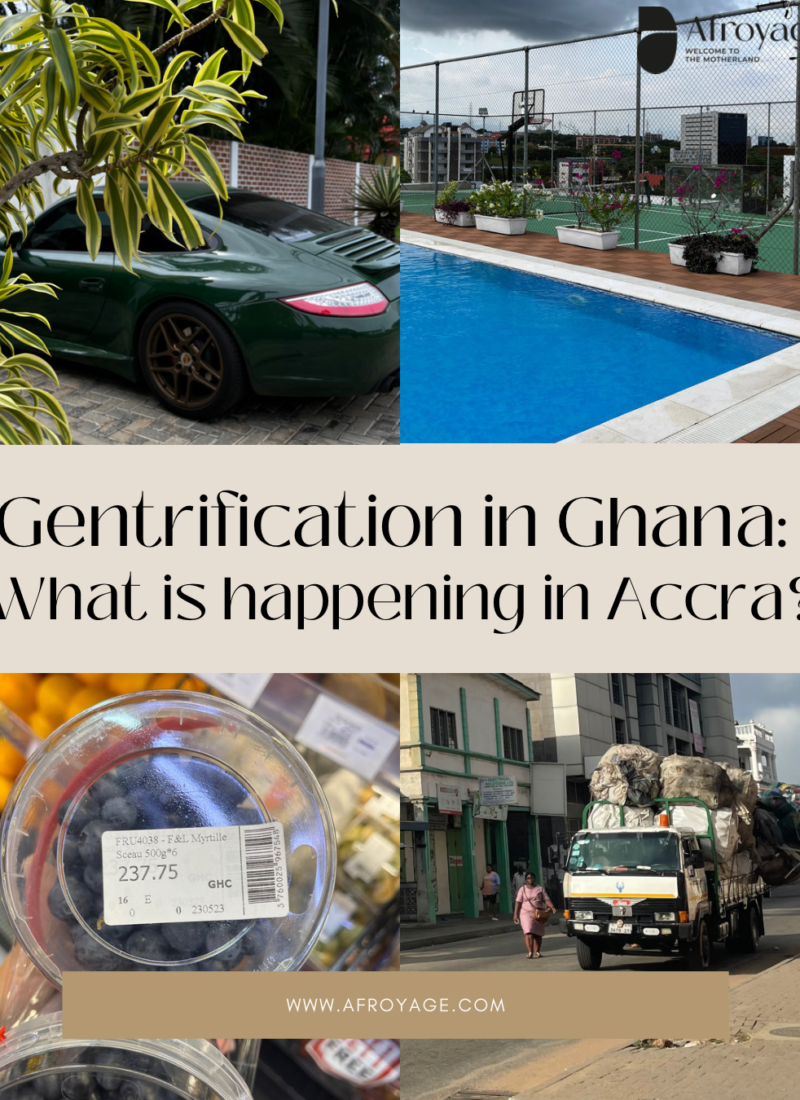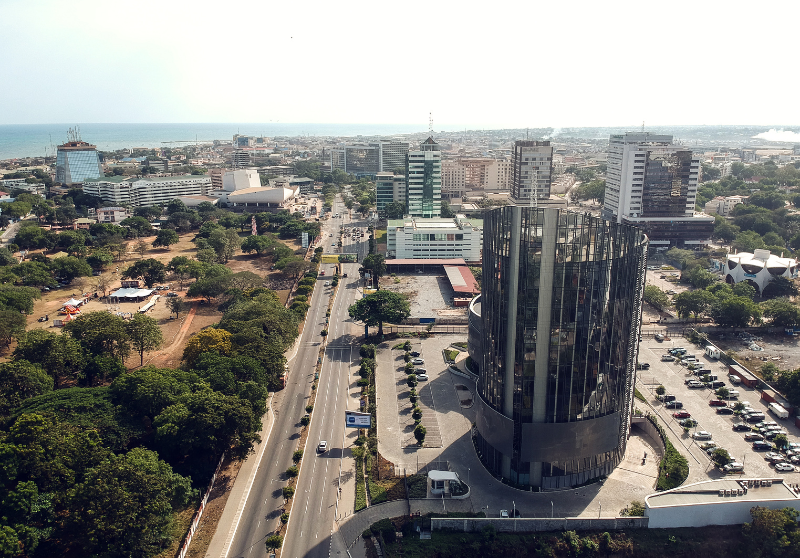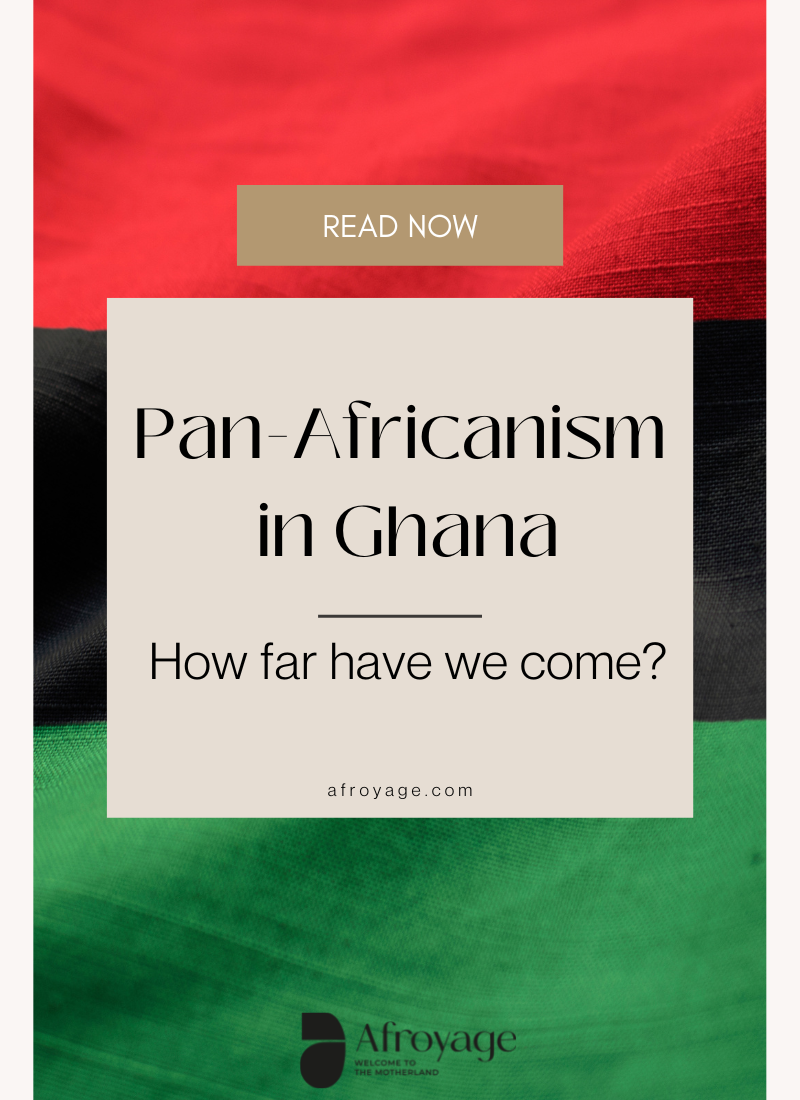Accra, the vibrant capital city of Ghana, is experiencing a rapid transformation through the process of gentrification.
This article delves into the current situation in Accra, explaining the concept of gentrification in Ghana, its onset, its benefits, drawbacks, and its impact on local communities.
We also explore potential solutions to address the challenges posed by gentrification and promote a more inclusive urban development.

The current landscape in Accra
Accra’s skyline is evolving at a remarkable pace, with modern high-rise buildings and developments reshaping the city’s landscape.
Neighborhoods like Osu, Cantonments, Labone, East Legon, Airport Residential Area, and Roman Ridge have witnessed significant gentrification, attracting both local and foreign investments.
The influx of wealthier residents and businesses seeking opportunities in Accra’s emerging markets, along with the city’s growing reputation as a business and tourism hub, are driving this development.

Understanding Gentrification
Gentrification is a process wherein wealthier individuals or businesses invest in low-income neighborhoods, leading to property renovations and an overall improvement in the area’s appeal.
As a result, property values soar, and the cost of living increases, often making it difficult for long-term residents to afford housing and maintain their way of life.
The Origins of Gentrification in Ghana
The roots of gentrification in Accra can be traced back to the early 2000s, coinciding with significant economic growth and increased foreign investments.
This catalyzed changes in demographics and infrastructure within various neighborhoods, particularly those in close proximity to the airport and prime locations.
Identifying the exact point that really triggered the gentrification in Ghana, we can trace it back to 2019 when the current NPP government, in collaboration with the US-based Adinkra Group, launched the Year of Return initiative.

While it is a promising initiative, there are many downsides to it for local communities.
The government sought to encourage the diaspora to settle and invest in the country, inadvertently contributing to the gentrification process.
As we confront the challenges of gentrification in Ghana, it is crucial to recognize that every person deserves the right to call a place home. Instead of pursuing exclusive visions of development, we must foster inclusive growth that celebrates and embraces the rich diversity of our communities.
By doing so, we can work towards a more equitable and harmonious future for all.
The Pros and Cons of Gentrification
Gentrification comes with both positive and negative impacts:
The Pros
Economic Growth: Gentrification attracts investment and business opportunities, leading to job creation and economic prosperity.
Urban Revitalization: Neglected areas undergo positive transformations with improved infrastructure and amenities, benefiting both new and old residents.
Cultural Offerings: Gentrified neighborhoods often embrace art and culture, fostering a vibrant creative scene.
The Cons
Displacement: Rising rents and property prices force long-time residents to leave, resulting in the loss of their community and support networks. This applies to many people who have been born and raised in Accra.
Loss of Local Identity: The influx of new residents and businesses can erode the unique character and traditions of a neighborhood.
Social Segregation: Gentrification may lead to social divisions, with wealthier newcomers and lower-income existing residents living separately.

The impact on local communitites
Gentrification in Ghana deeply affects local communities, especially in Accra. Families who have lived in these neighborhoods for generations face challenges in affording the rising housing costs, leading to displacement and disruption of social bonds.
Additionally, the introduction of higher-priced businesses and services may not cater to the needs of the original community, furthering the sense of alienation.
Potential Solutions to Address Gentrification Challenges
Addressing gentrification requires a multifaceted approach that balances economic development with social equity and community well-being.
Some methods to tackle gentrification include:
Policy Interventions: Implementing regulations like rent control and affordable housing mandates can protect vulnerable residents from displacements.
Affordable Housing Initiatives: Increasing the availability of affordable housing options ensures long-time residents can remain in their neighborhoods.
Cultural Preservation and Community Engagement: Encouraging initiatives to preserve local culture, traditions, and heritage fosters the identity of the community. Dialogue between newcomers and existing residents promotes understanding and integration.
Conclusion
Gentrification in Ghana presents both opportunities and challenges. As the city continues to grow, it is essential to find a balanced approach that fosters economic progress while safeguarding the interests of the local communities.
Implementing inclusive policies and promoting community engagement can help Accra navigate gentrification and create a harmonious urban landscape that benefits all its residents.





Leave a Reply
You must be logged in to post a comment.